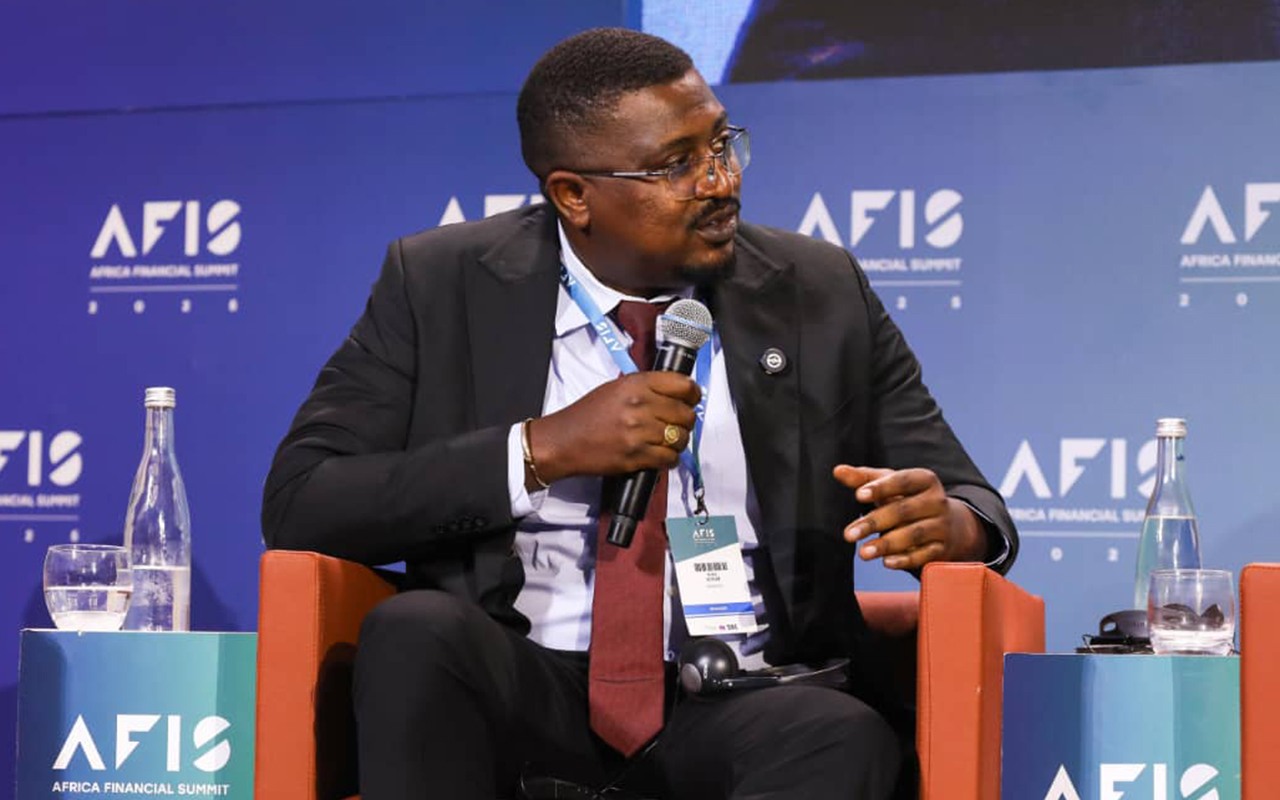
The Federal Executive Council’s (FEC) approval of a fraudulent International Cargo Tracking Note (ICTN) contract to five companies has led to an estimated loss of $2.5 billion over the past five years and $500 million yearly due to non-implementation.
This was disclosed by the Minister of Marine and Blue Economy, Gboyega Oyetola, represented by the Director of Maritime Services, Babatunde Sule, during an investigative hearing organised by the House of Representatives Committees on Shipping, Excise, Customs, Ports and Harbor, and Maritime Safety, Education, and Administration on Monday.
Sule explained that while the FEC under the administration of former President Muhammadu Buhari approved the contract, the award process was flawed.
“Last year, the FEC approved a contract. At the tail end of the previous administration, the government awarded the contract to five companies. I know there was a fake approval regarding this contract. I also learned that four companies signed an agreement, with one company abstaining. I believe this procedural error stalled the entire process,” he said.
The Executive Secretary of the Nigerian Shippers’ Council (NSC), Pius Akutah, stated that Nigeria has lost nearly $2.5 billion over the past five years and $500 million yearly due to the ICTN’s non-implementation.
He noted that the contract had been stalled by an investigation conducted by the Economic and Financial Crimes Commission, resulting in implementation gaps.
“Over the last five years, they implemented the system for two years but later halted it, resulting in substantial revenue losses,” Akutah said.
The Chairman of the Committee on Shipping Services, Abdussamad Dasuki, emphasised that the ICTN is more than an administrative requirement; it is essential for promoting transparency, security, and operational efficiency in cross-border cargo movement.
He stated that despite its approval and the support of various stakeholders, implementation progress has faced significant challenges, including bureaucratic delays, conflicting interests among agencies, limited coordination, and contract duplications.
Dasuki added that the hearing provided an opportunity to confront these challenges.
“The goal is to identify the root causes of these delays, address conflicting interests, improve revenue generation by closing loopholes that allow illicit cargo, such as arms and drugs, to slip through our ports, and ultimately unlock the ICTN’s potential to align Nigeria’s maritime industry with global best practices,” he said.





